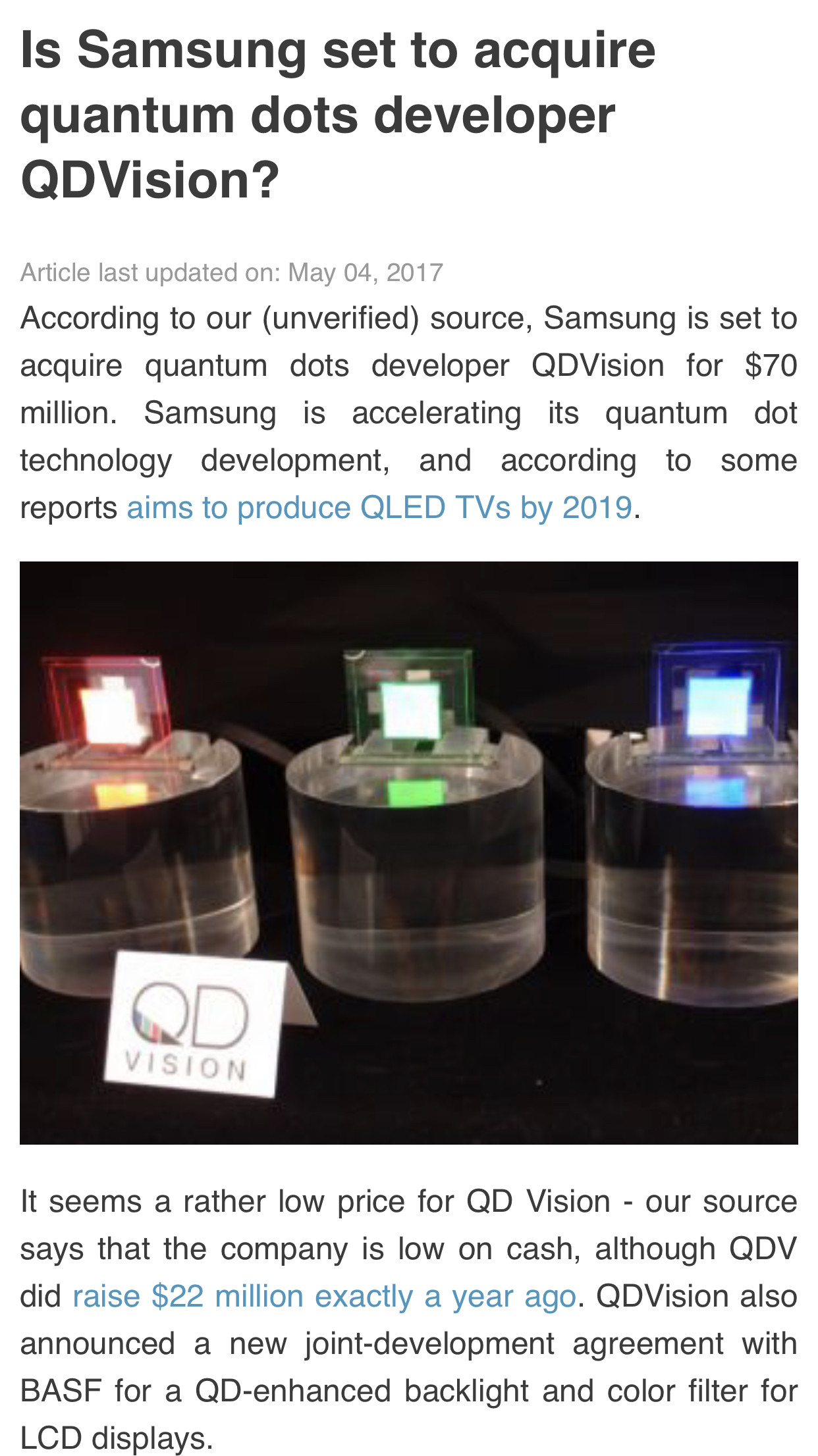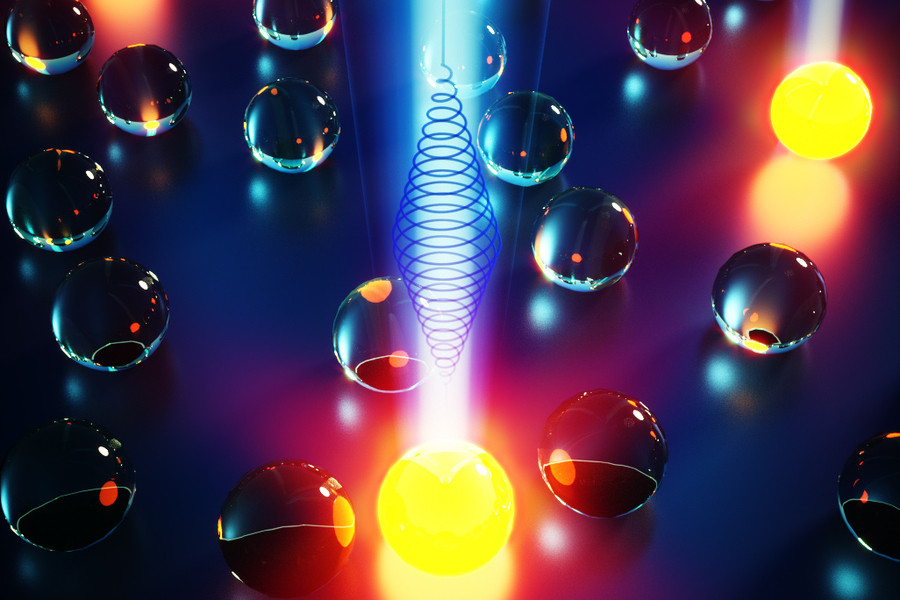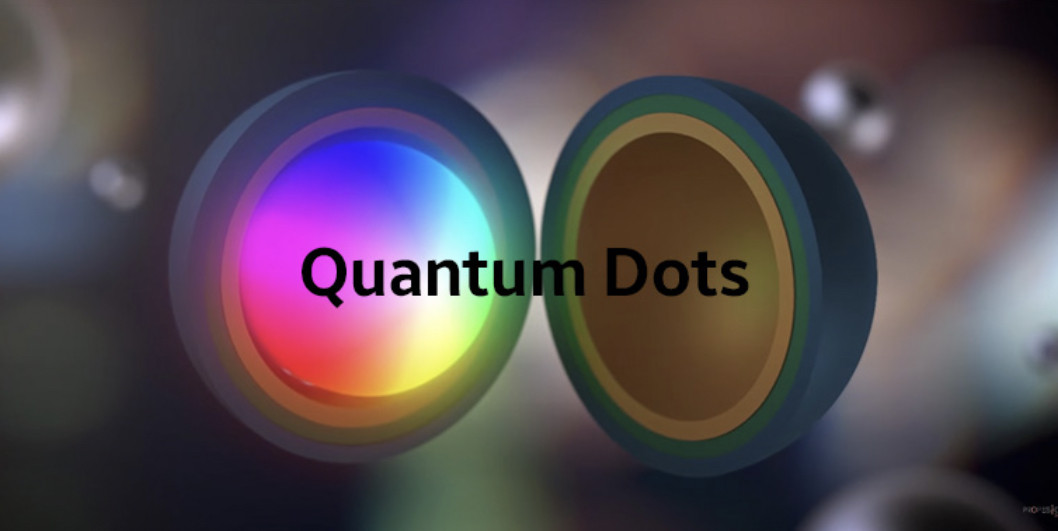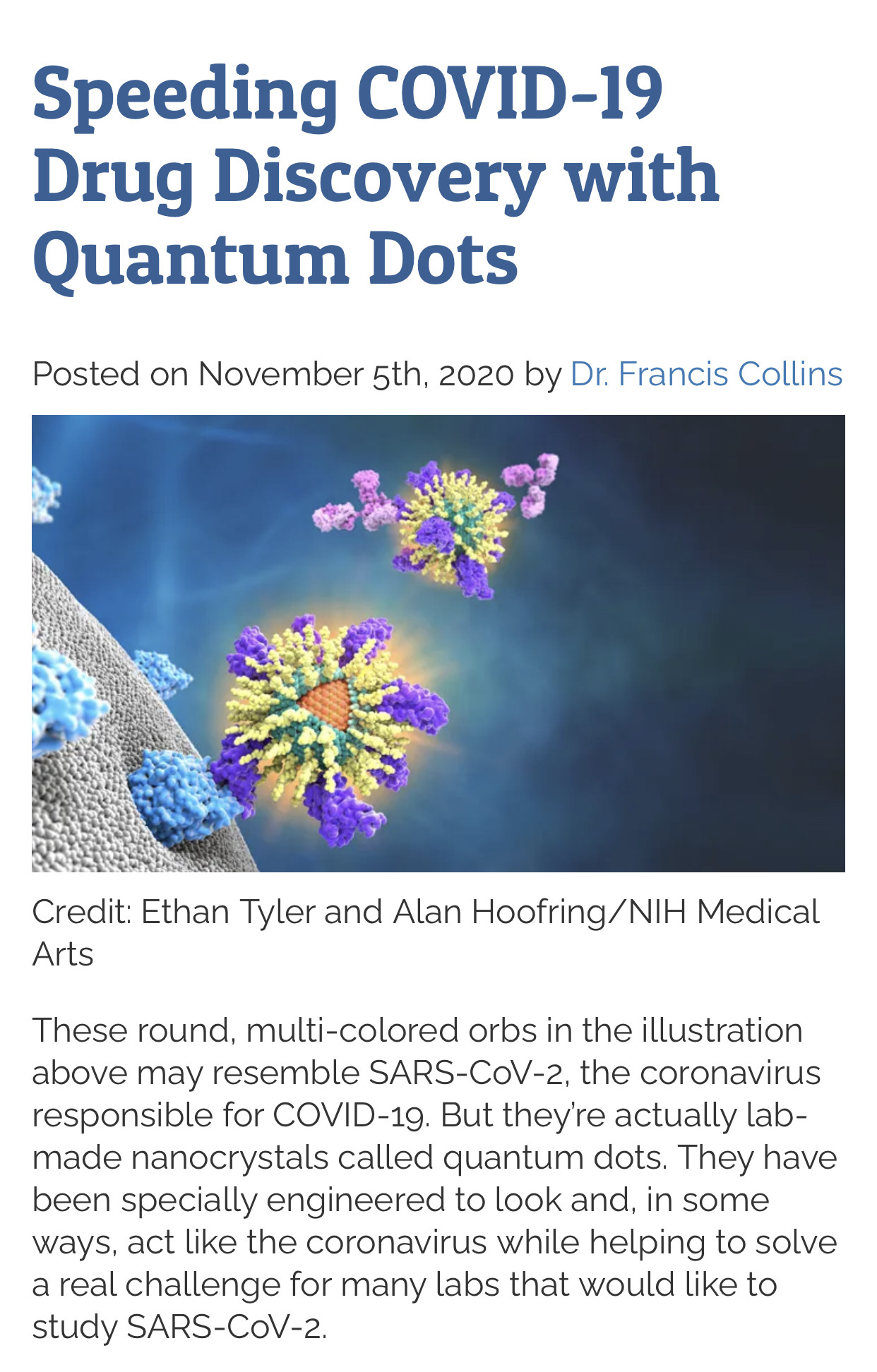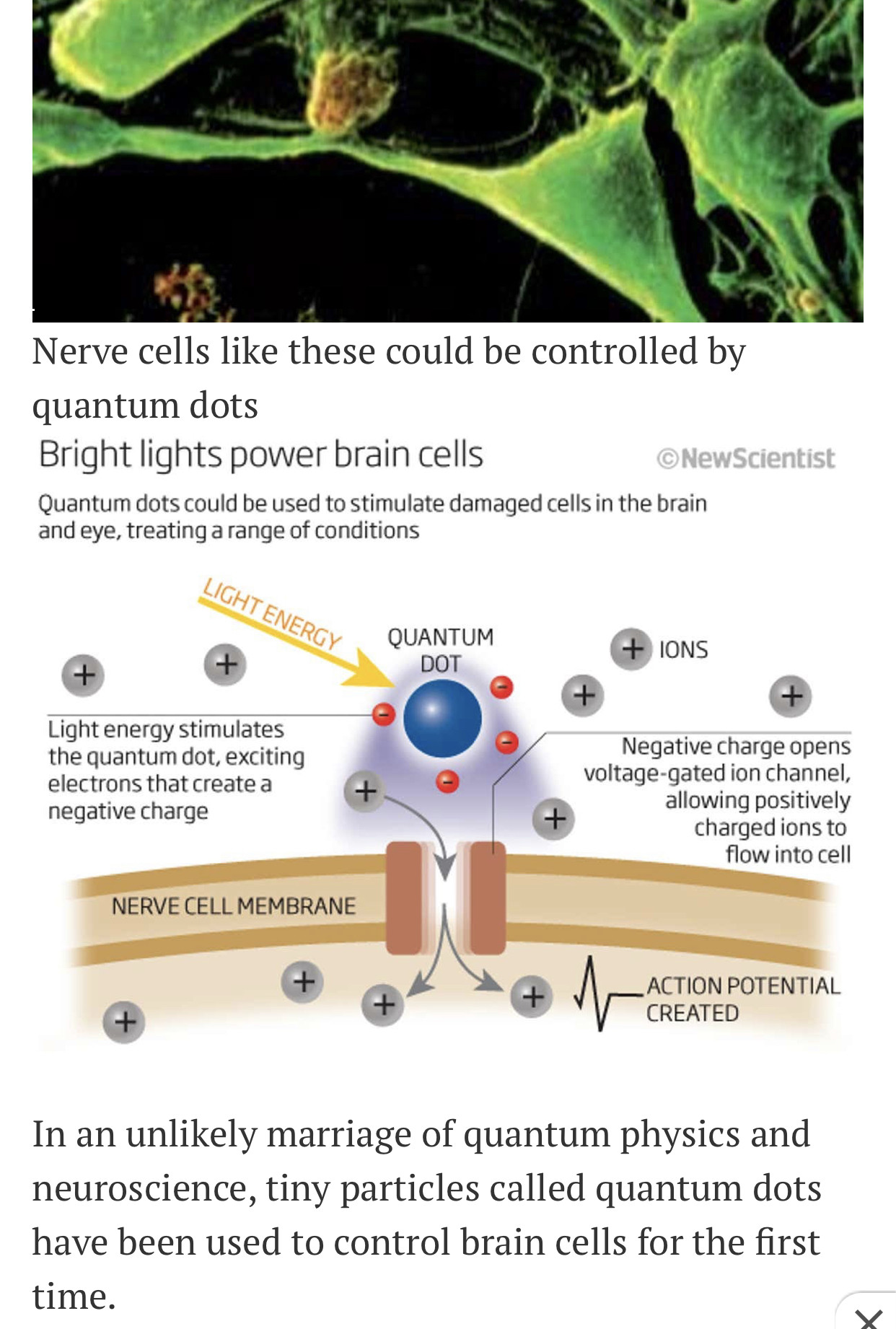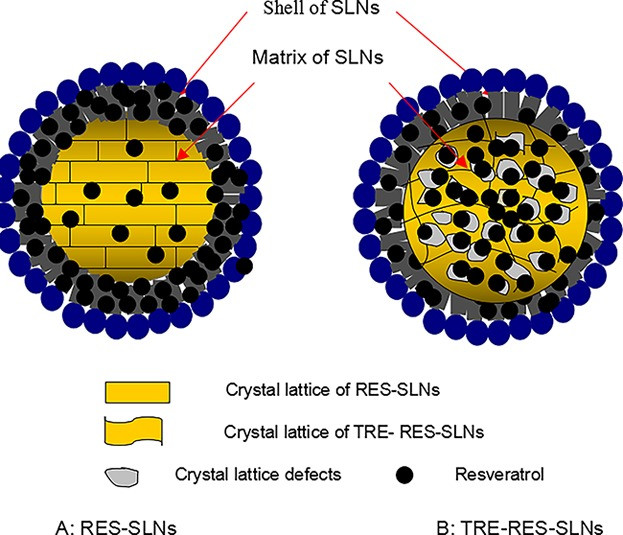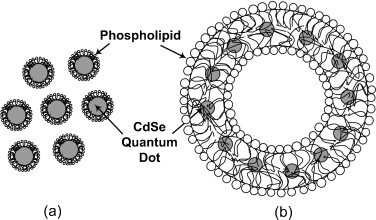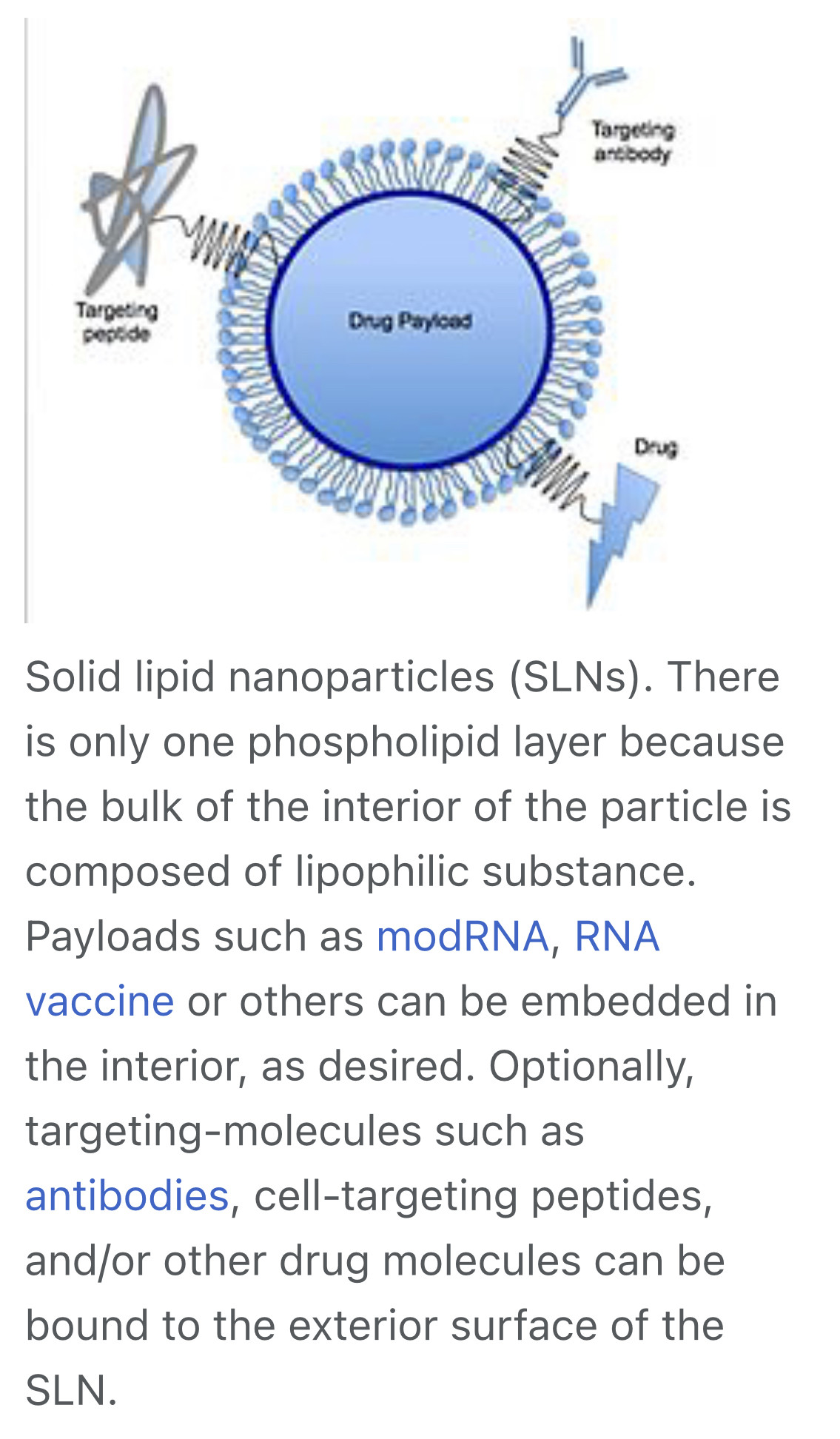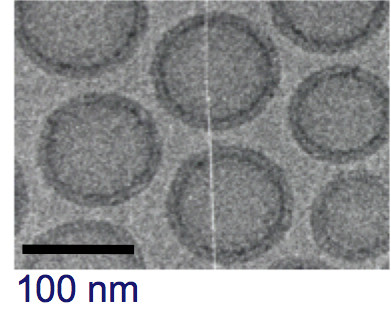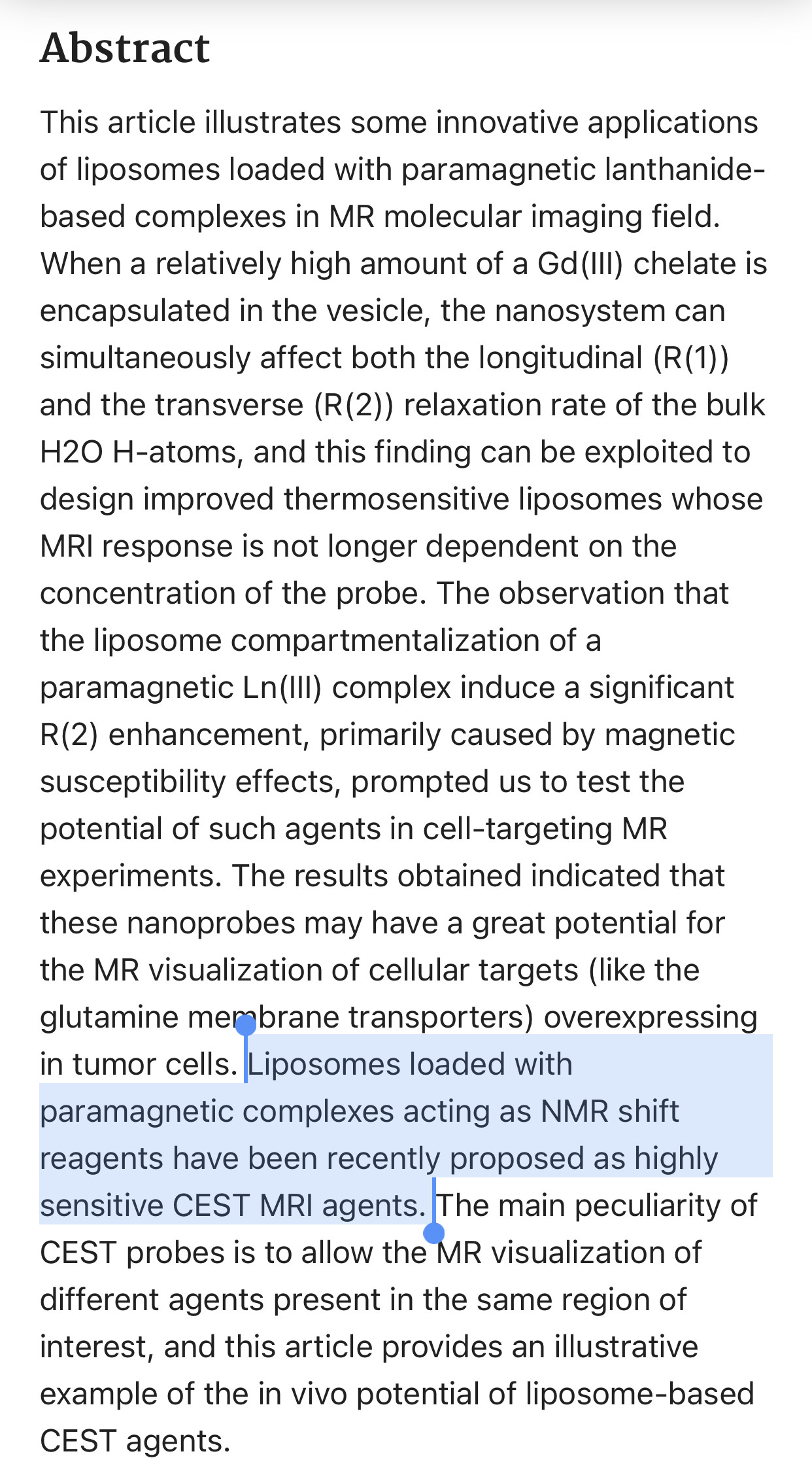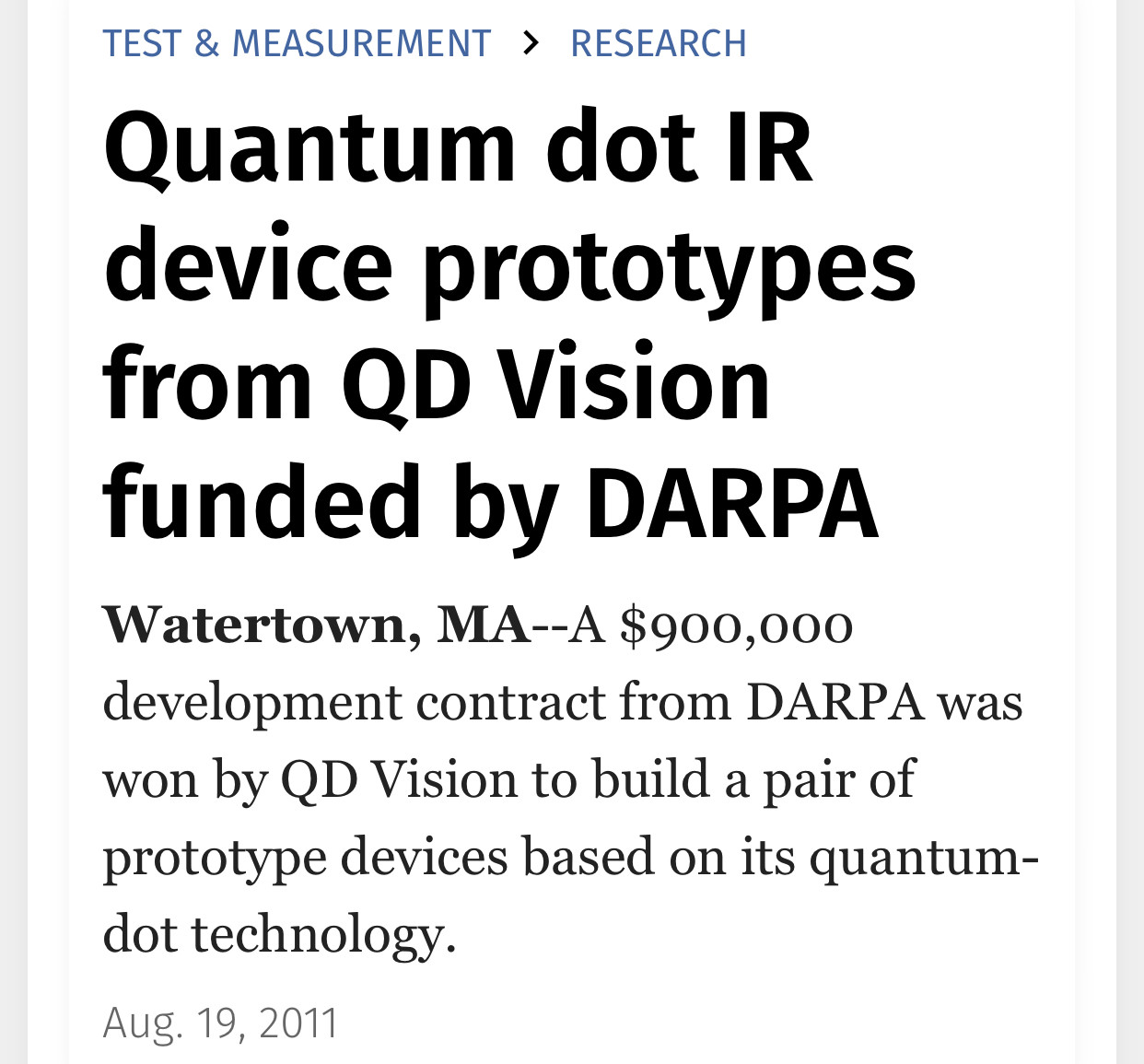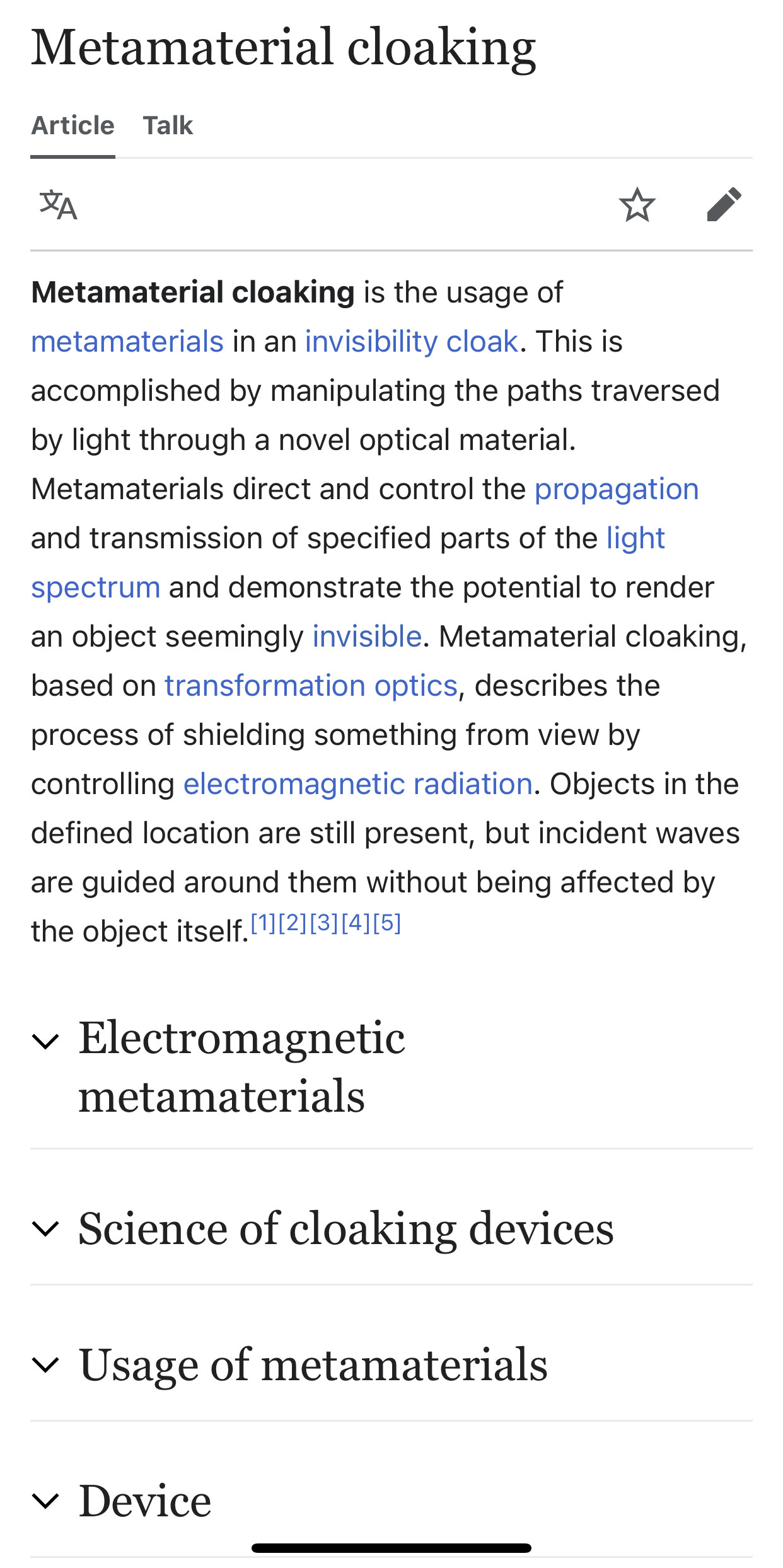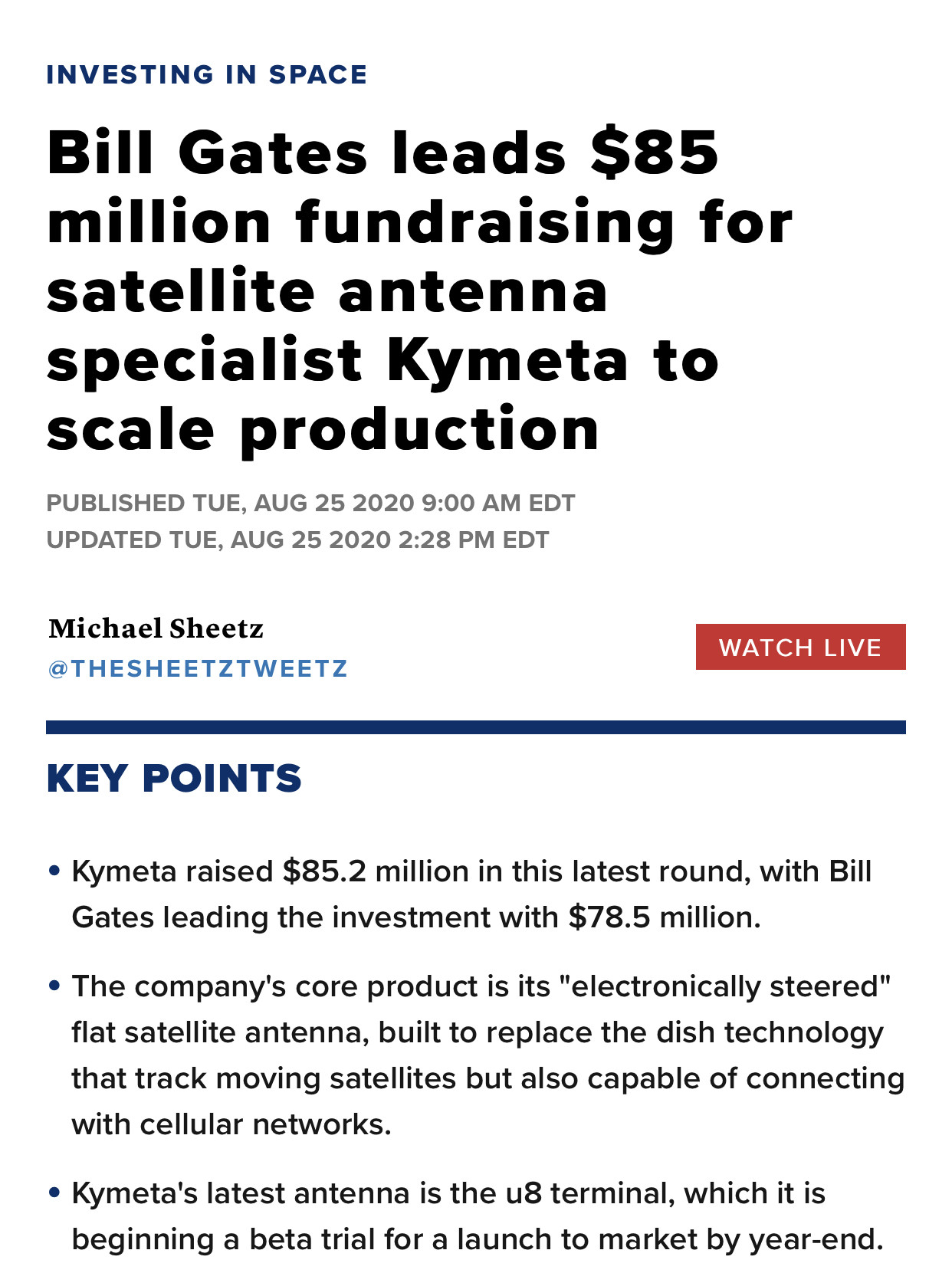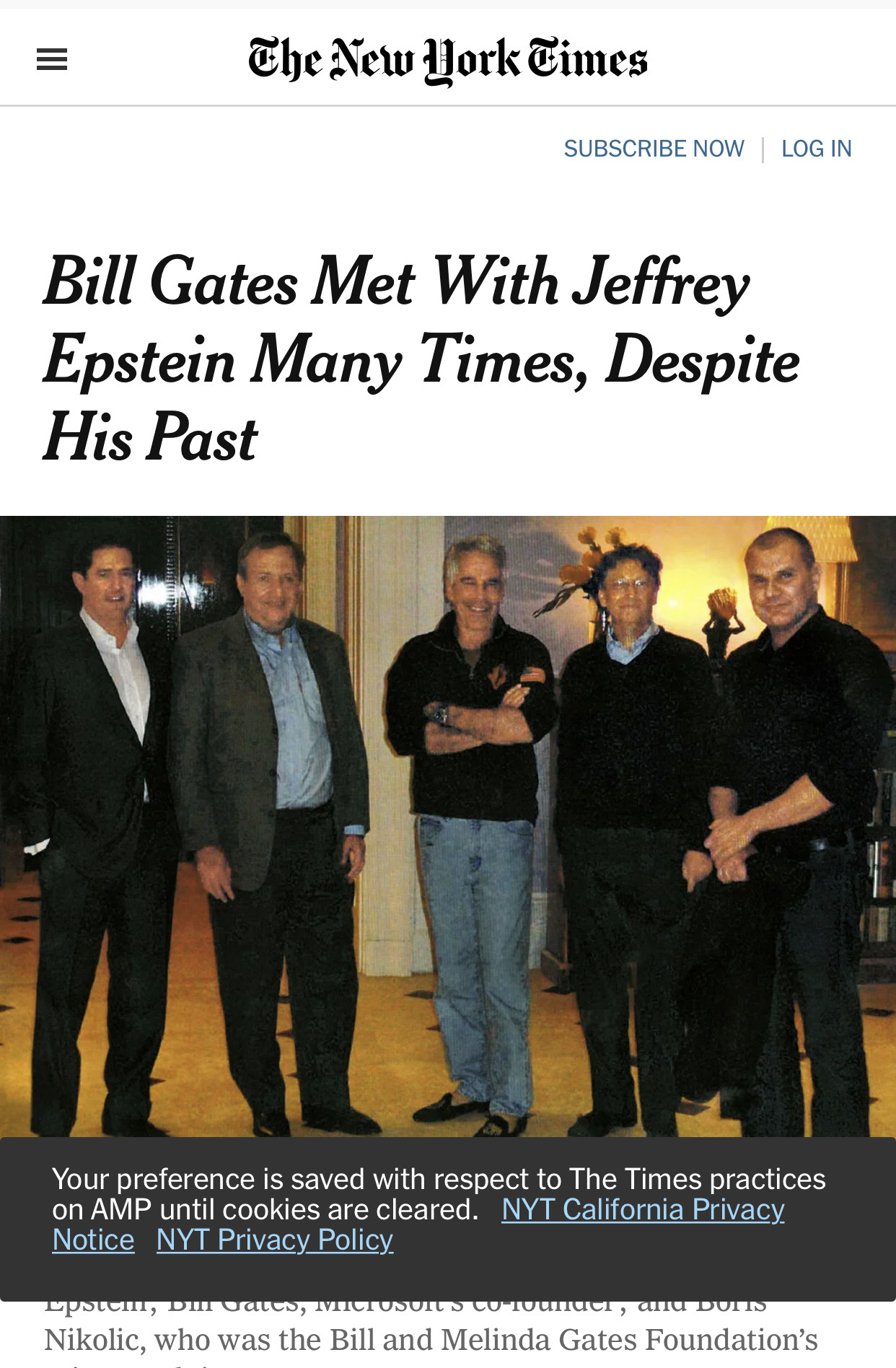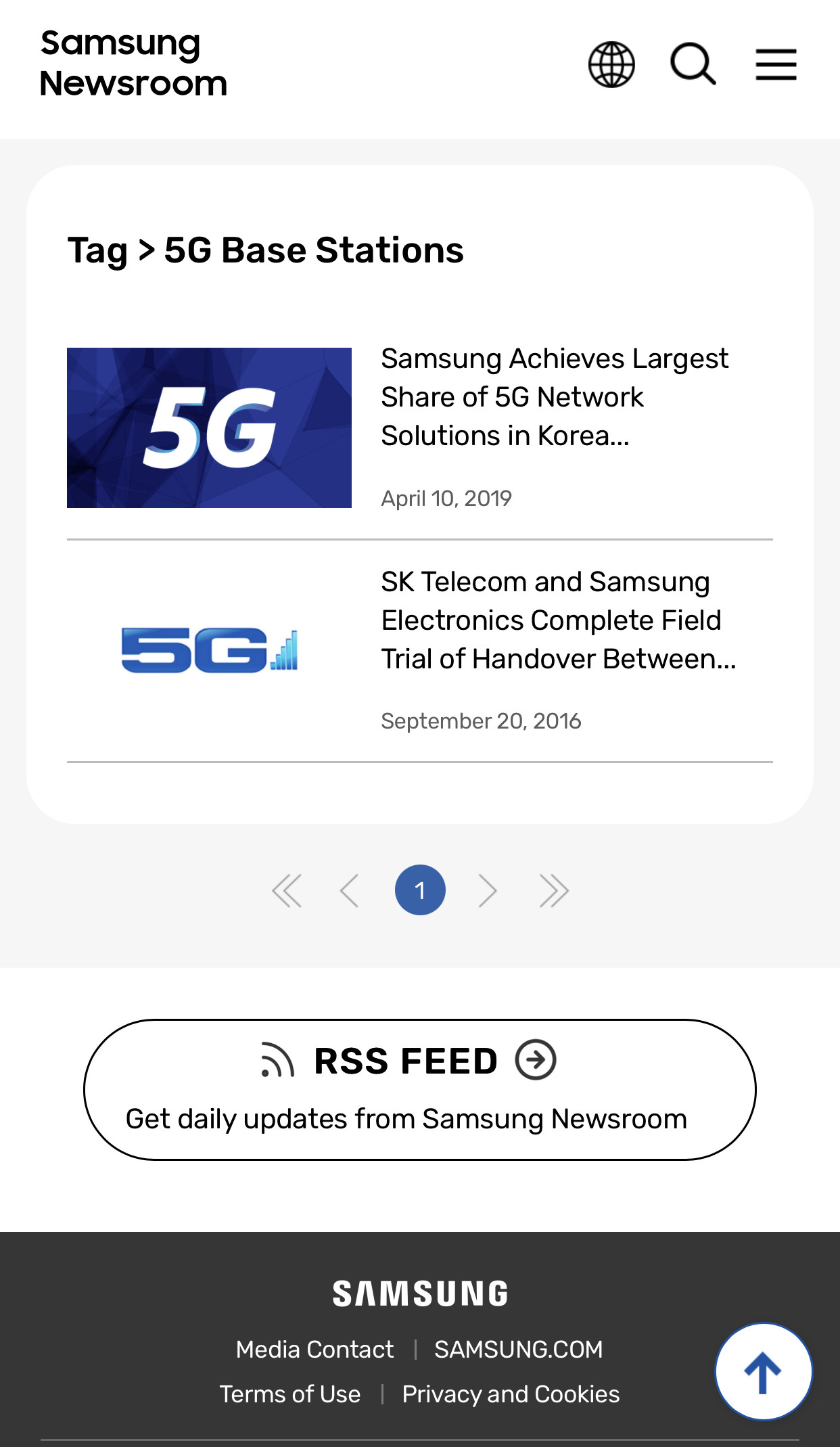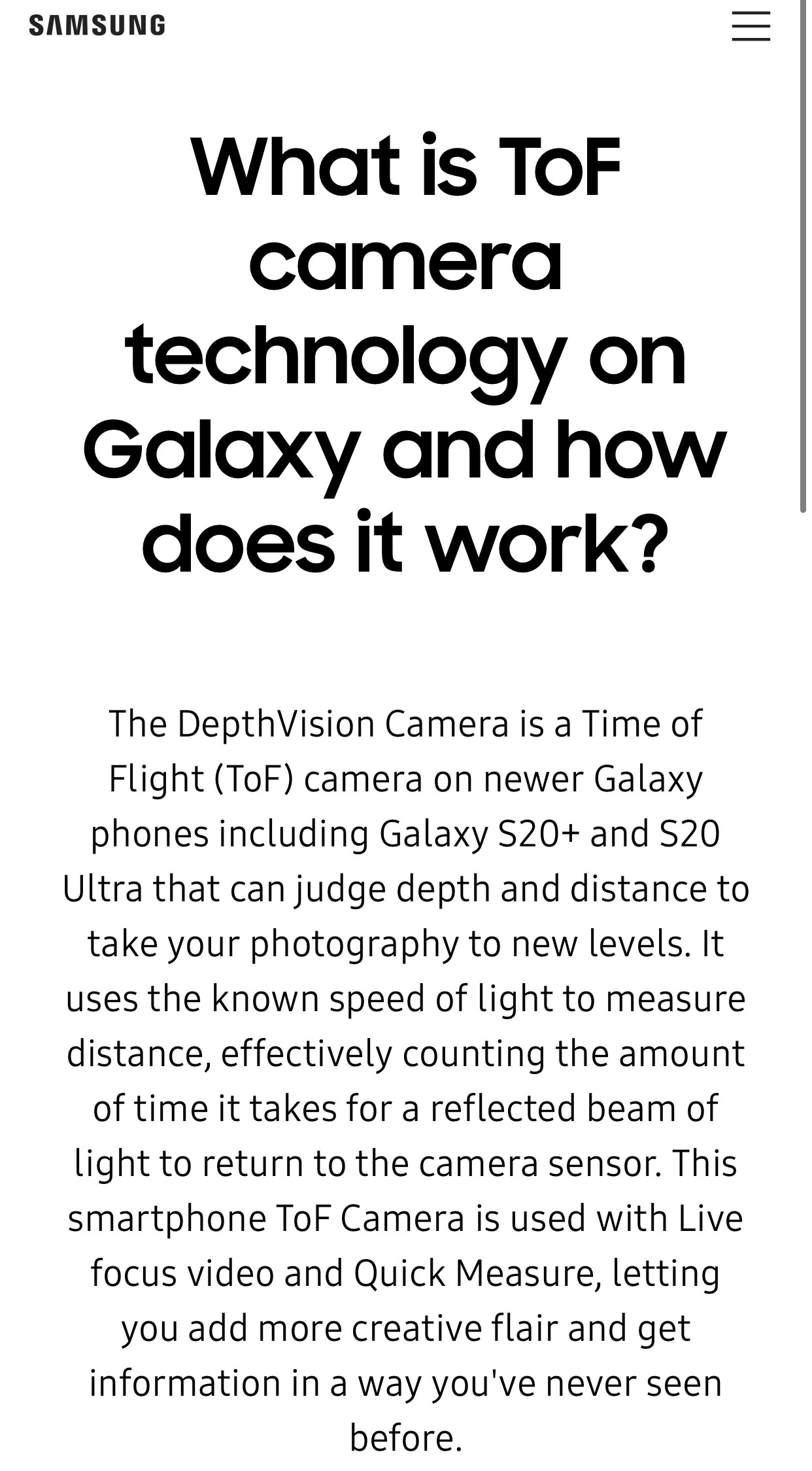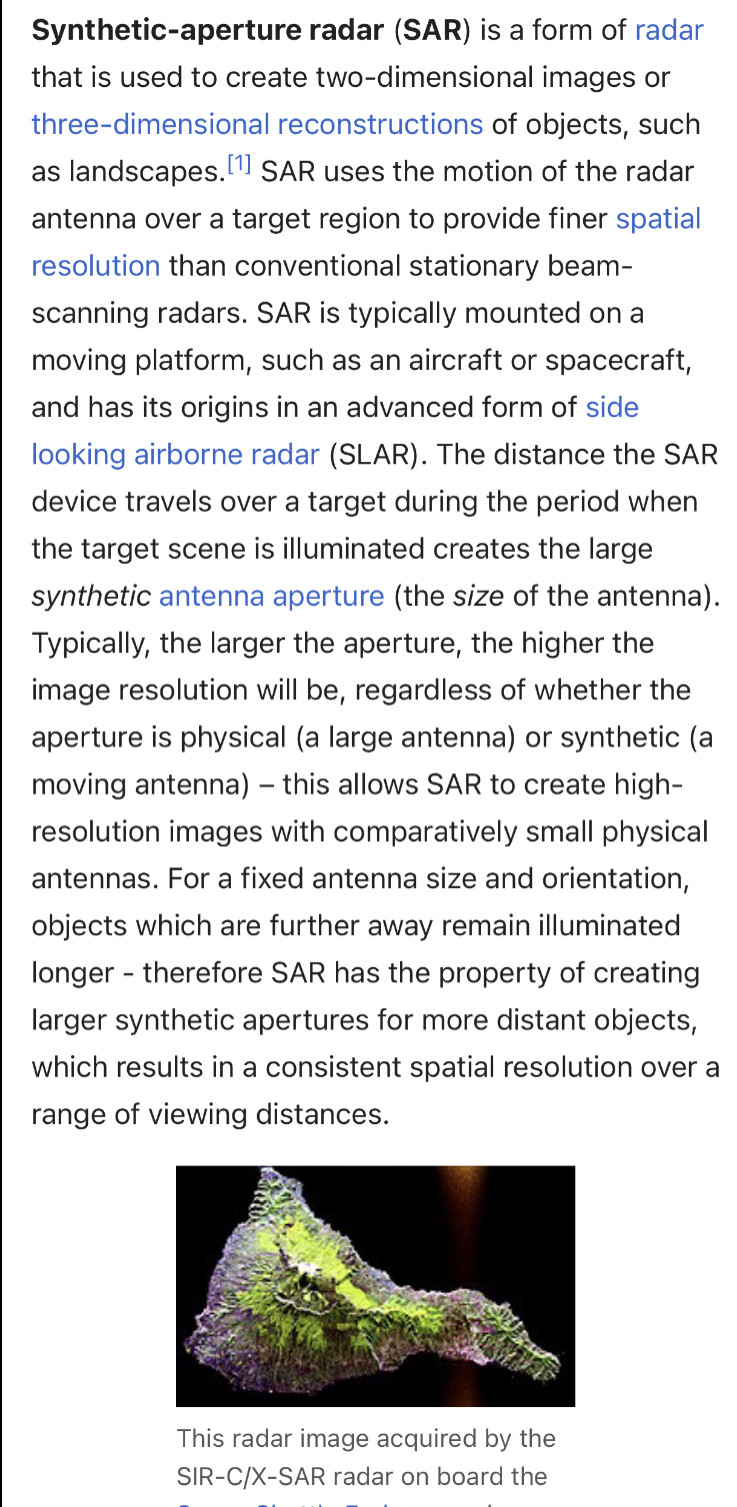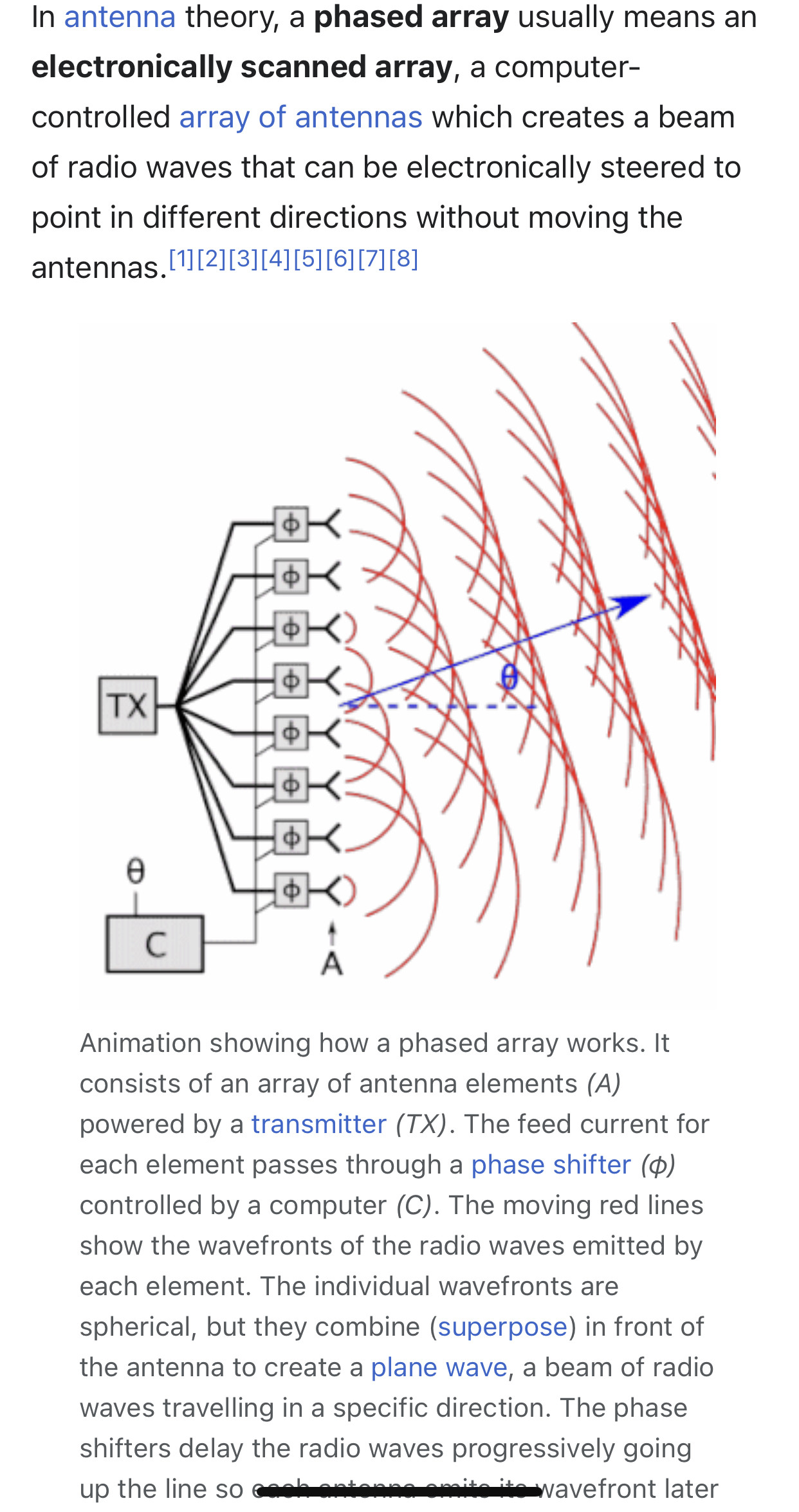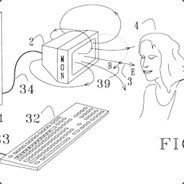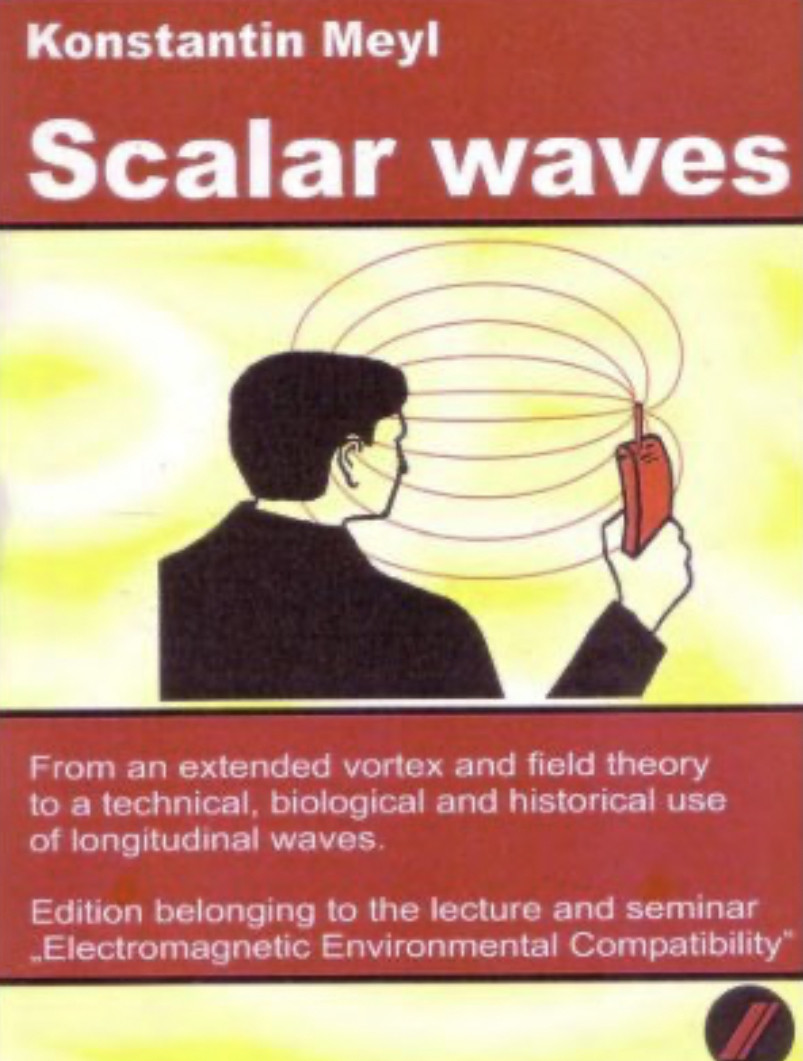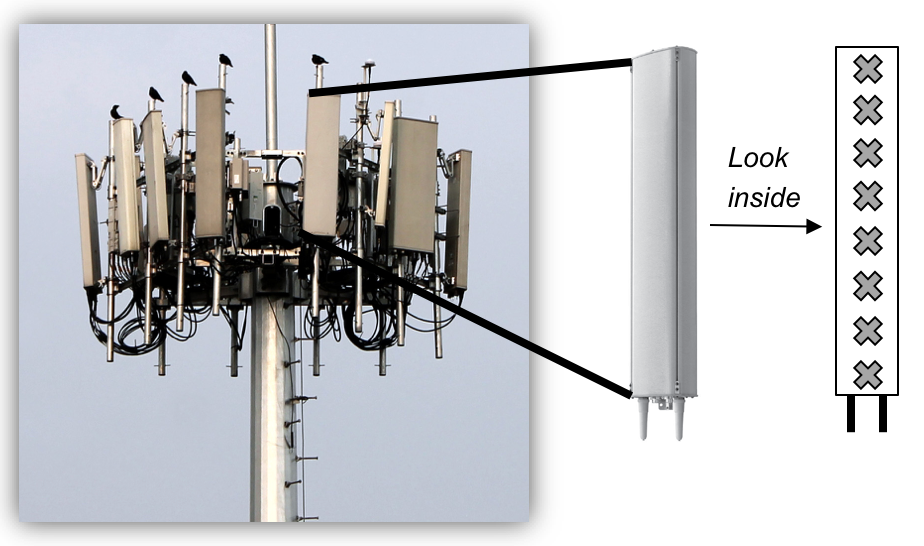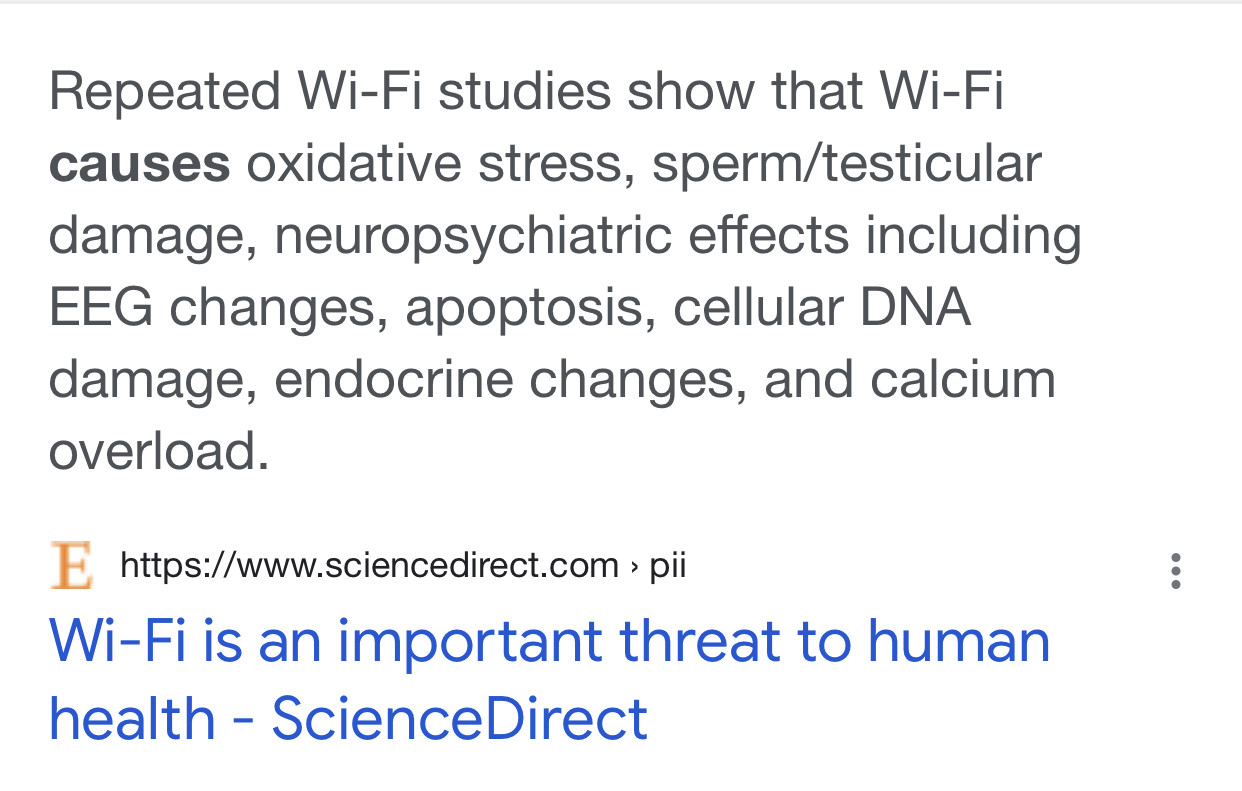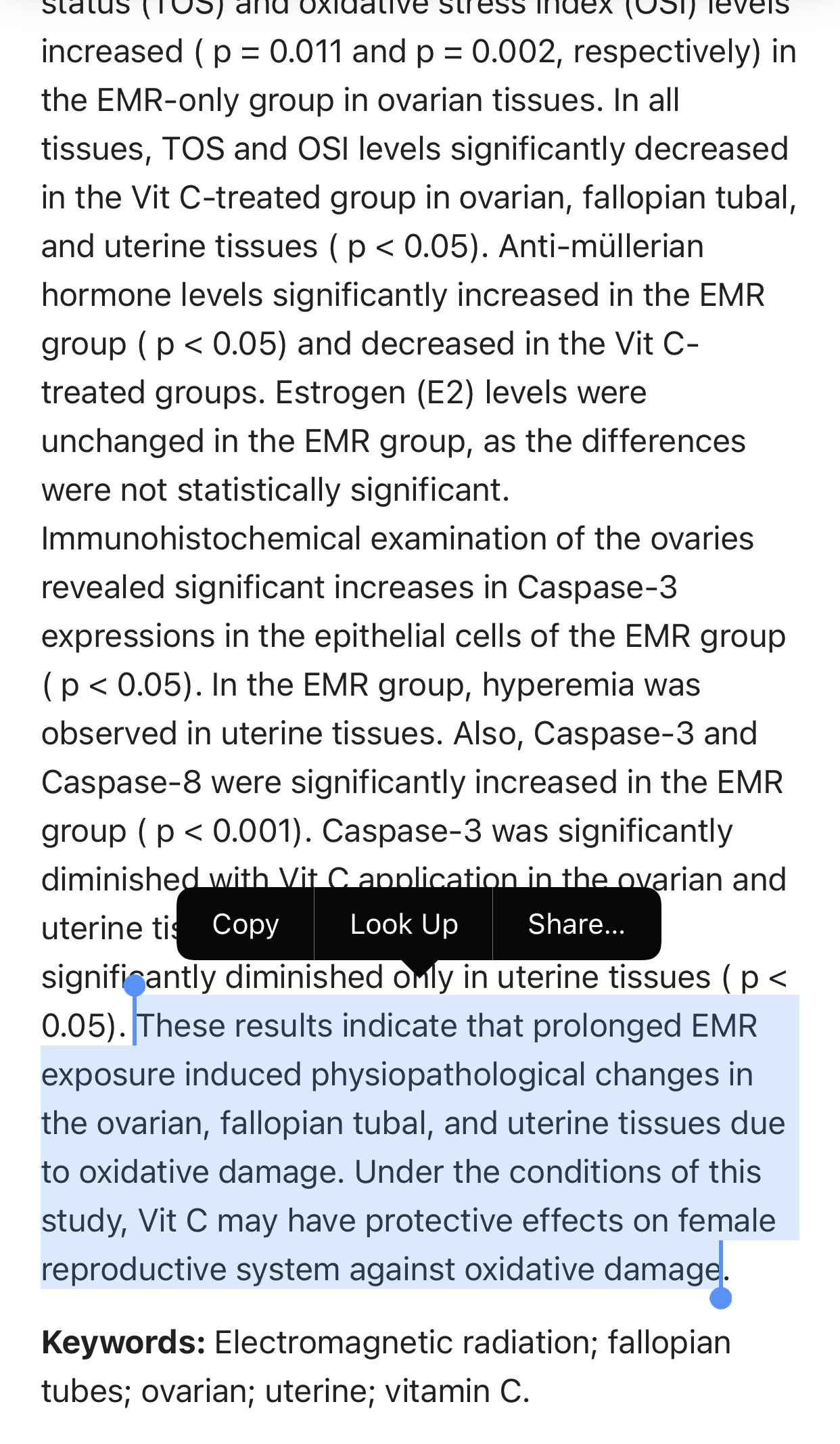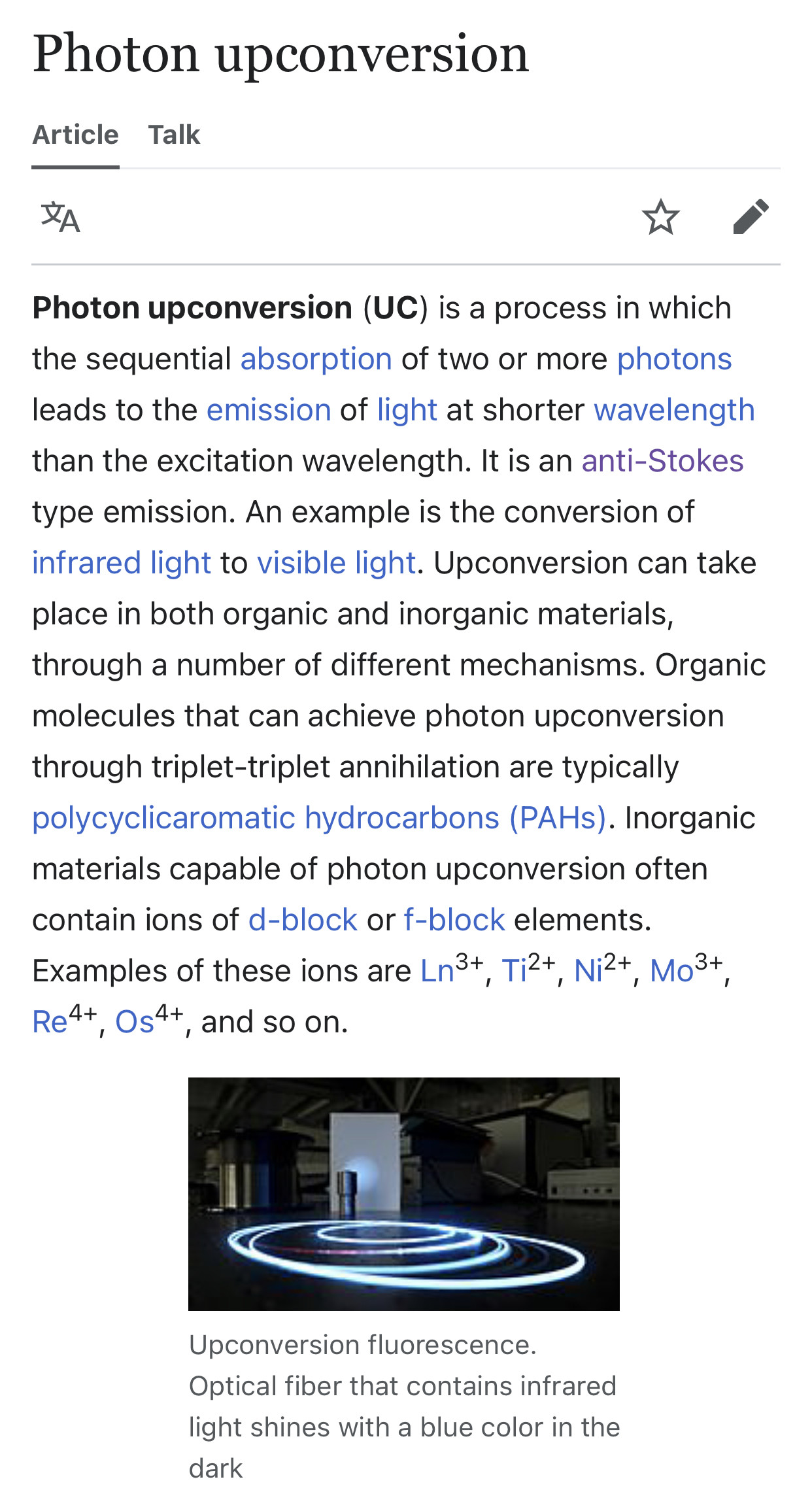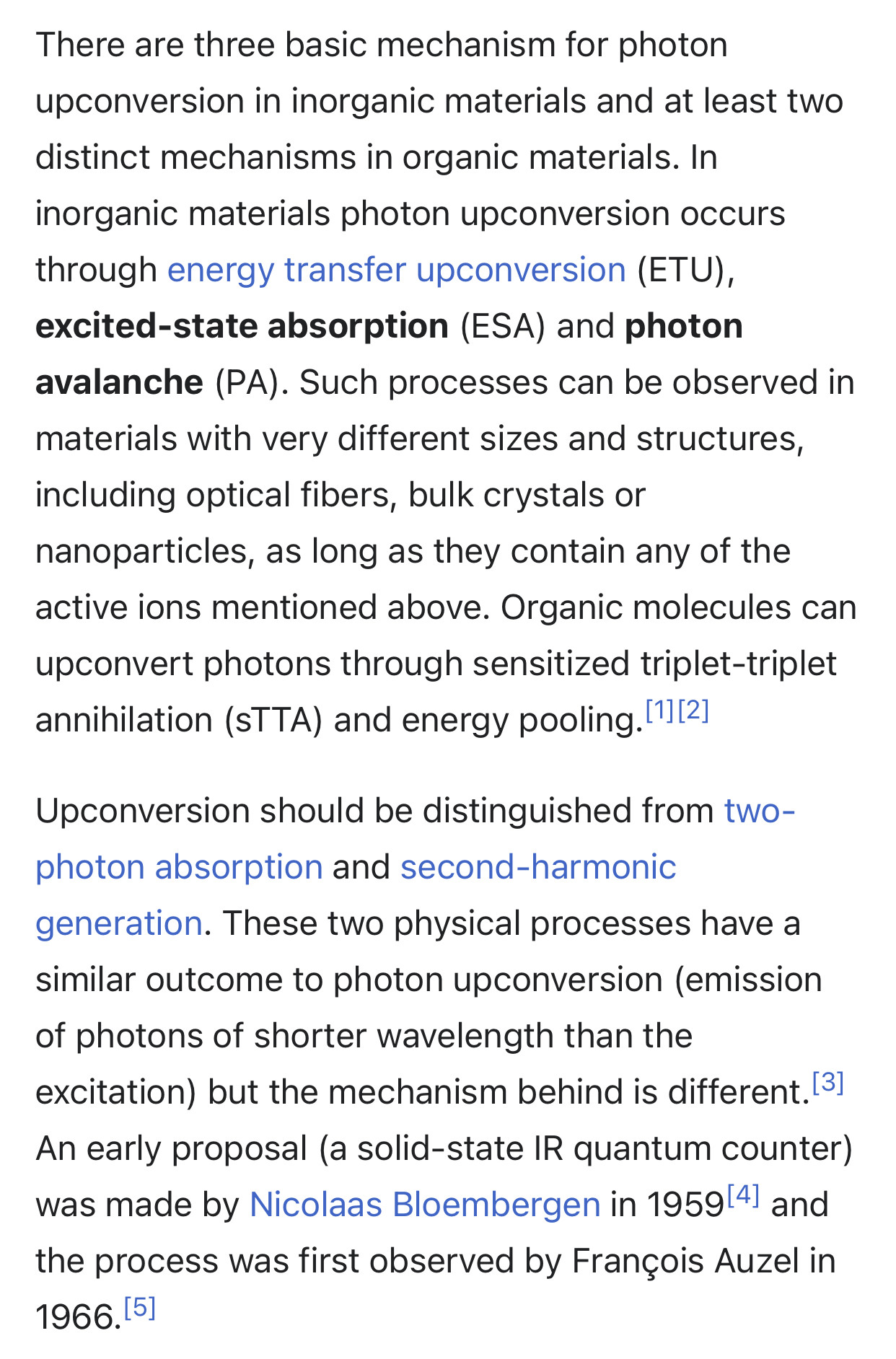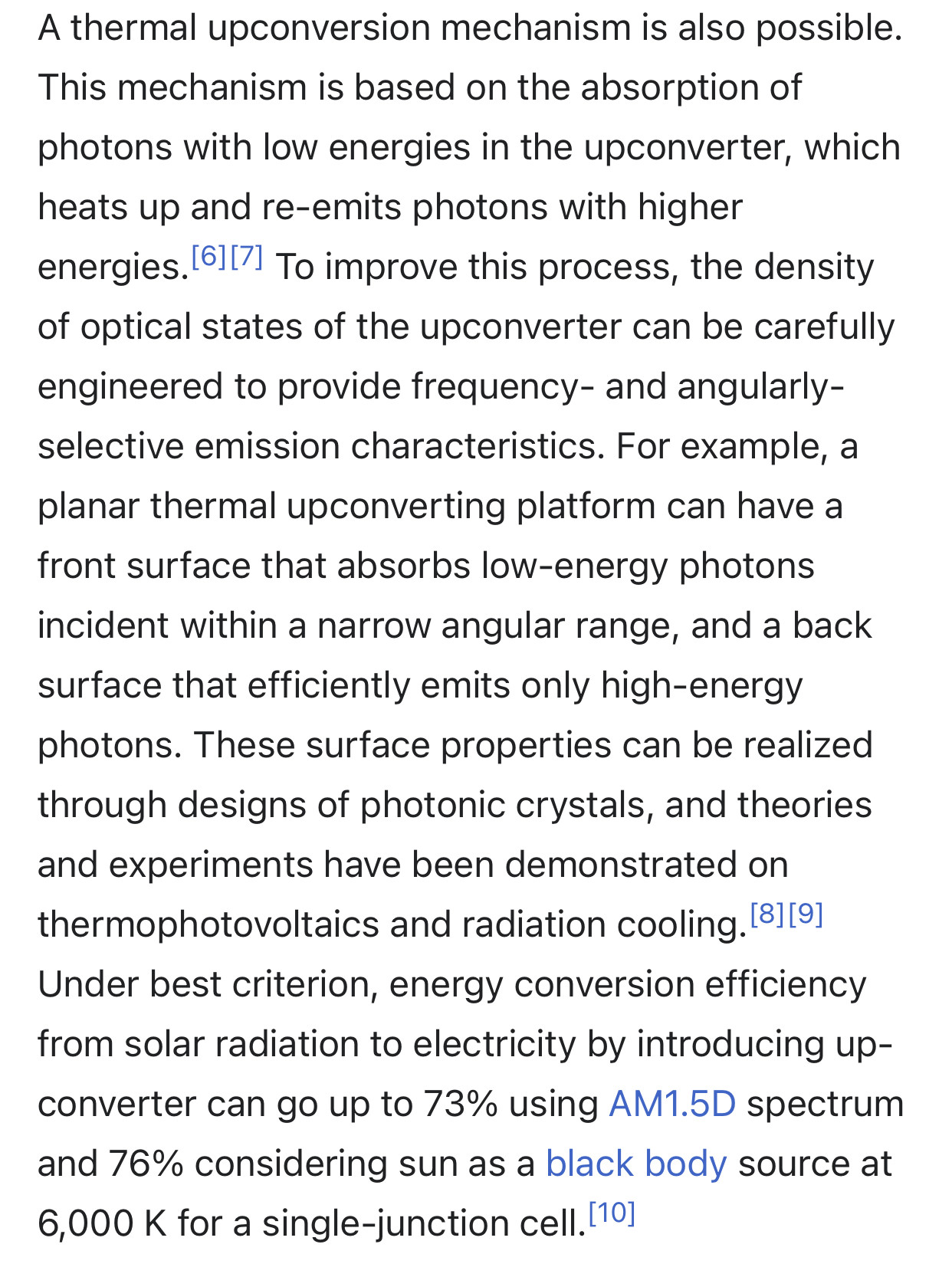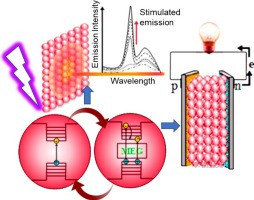In nuclear magnetic resonance (NMR) spectroscopy, the chemical shift is the resonant frequency of a nucleus relative to a standard in a magnetic field. Often the position and number of chemical shifts are diagnostic of the structure of a molecule. Chemical shifts are also used to describe signals in other forms of spectroscopy such as photoemission spectroscopy.
Chemists design a quantum-dot spectrometer | MIT News | Massachusetts Institute of Technology
MIT chemists have designed a quantum-dot spectrometer small enough to function within a smartphone. This could enable portable light analysis, which could be used to diagnose diseases or detect environmental pollutants.
https://news.mit.edu/2015/quantum-dot-spectrometer-smartphone-0701Smart meters create another source of short bursts of radiation within our own homes.
A photonic crystal is an optical nanostructure in which the refractive index changes periodically. This affects the propagation of light in the same way that the structure of natural crystals gives rise to X-ray diffraction and that the atomic lattices of semiconductors affect their conductivity of electrons
Linear Optical Quantum Computing or Linear Optics Quantum Computation (LOQC) is a paradigm of quantum computation, allowing (under certain conditions, described below) universal quantum computation. LOQC uses photons as information carriers, mainly uses linear optical elements, or optical instruments (including reciprocal mirrors and waveplates) to process quantum information, and uses photon detectors and quantum memories to detect and store quantum information
A quantum dot single-photon source is based on a single quantum dot placed in an optical cavity. It is an on-demand single-photon source. A laser pulse can excite a pair of carriers known as an exciton in the quantum dot.
For the past three decades, the field of quantum dot research has been expanding enormously, owing to the unique dynamics of charge carriers in these tiny crystals. This review provides an overview of charge carrier dynamics in photoactivated quantum dots. Specifically, it deals with the exciton fine structure, multiple exciton generation and the origin and control of photoluminescence intermittency in cadmium and lead chalcogenide quantum dots. These properties are discussed within the framework of spectroscopy and microscopy of single and multiple exciton states. Finally, this review touches on the photoluminescence- and multiple exciton- based applications of quantum dots, such as lasing and high efficiency solar cells.
Stimulated emission is the process by which an incoming photon of a specific frequency can interact with an excited atomic electron (or other excited molecular state), causing it to drop to a lower energy level. The liberated energy transfers to the electromagnetic field, creating a new photon with a frequency, polarization, and direction of travel that are all identical to the photons of the incident wave. This is in contrast to spontaneous emission, which occurs at a characteristic rate for each of the atoms/oscillators in the upper energy state regardless of the external electromagnetic field.







